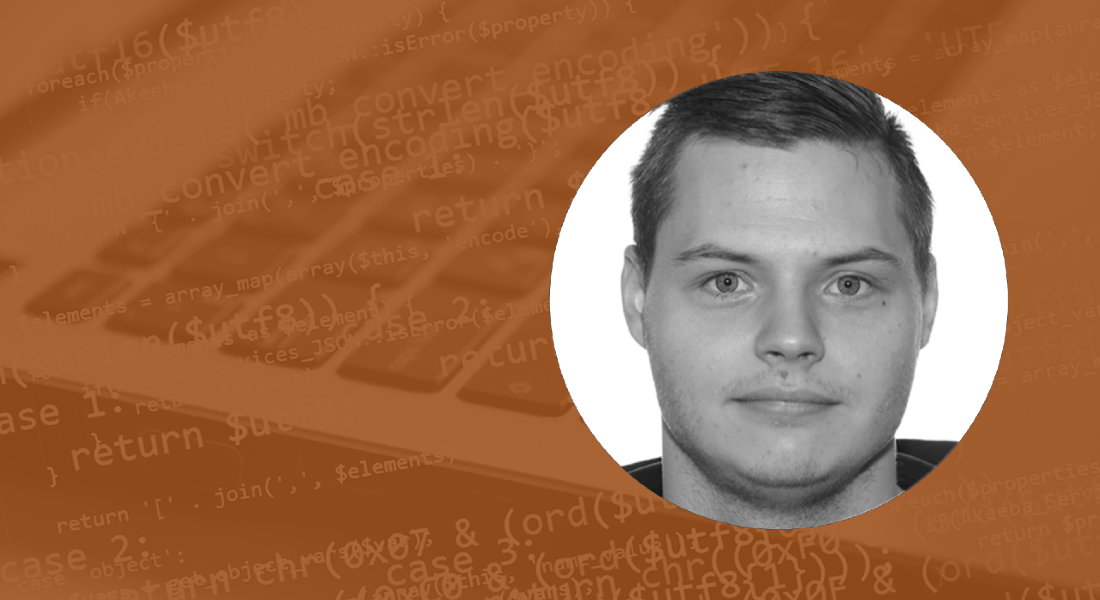Universitetsavisen
Nørregade 10
1165 København K
Tlf: 21 17 95 65 (man-fre kl. 9-15)
E-mail: uni-avis@adm.ku.dk
Ph.d.-forsvar
Ph.d.-forsvar — On 18 March 2022, Carl-Johannes Vincent P. Johnsen will defend his PhD thesis titled 'Automated AI Learning for X-Ray Based Classification'.
Date & Time:
Place:
Auditorium 03, HCØ Building B, Universitetsparken 5, 2100 København Ø and Zoom: https://ucph-ku.zoom.us/j/66090816146?pwd=SzBiRUdLeVFhSUJYMEthL0FuRHNHdz09
Hosted by:
Department of Computer Science
Cost:
Free
Automated AI Learning for X-Ray Based Classification
Food inspection is a widespread measure for ensuring food quality, contents, and safety. The food inspection industry has deployed cameras and computer vision for a long time since they allow for automatic inspection and evaluation of food quality at a large scale. However, they fail to capture internal defects, which can arise due to natural and unnatural effects.
X-ray imaging allows us to inspect the internals of a subject, thus countering the problem. The Adaptive X-ray InSpection (AXIS) project collaborates with multiple partners targeting utilizing X-ray imaging for food inspection. This thesis presents the University of Copenhagen’s part of the AXIS project: software for automated AI learning for X-ray-based classification. The main research areas are computer vision, machine learning, and reconfigurable hardware.
Computer vision can counter the side-effects of X-ray imaging, resulting in clean images ready for machine learning. In recent years, machine learning has seen a rise in image processing due to its strong predictive power in recognizing patterns in seemingly complex imagery. To keep up with the high-throughput demands of food inspection, we employ reconfigurable hardware, or Field-Programmable Gate Arrays (FPGAs), as these favour pipelines are great at online processing and have been shown to be suitable for machine learning inference.
This thesis presents an FPGA-based solution for the preprocessing steps of the X-ray images, a CPU/GPU-based implementation for the machine learning model, along an outline for an FPGA-based machine learning inference solution. The implementations have had automation in mind, minimizing the required amount of user interaction. This thesis has spawned many student projects that have been supervised throughout the thesis while contributing to the field of reconfigurable hardware through open-source projects seeking to lift the level of abstraction in hardware programming.
Associate Professor Ken Friis Larsen, Department of Computer Science, University of Copenhagen.
For a digital copy of the thesis, please visit https://di.ku.dk/english/research/phd/.
